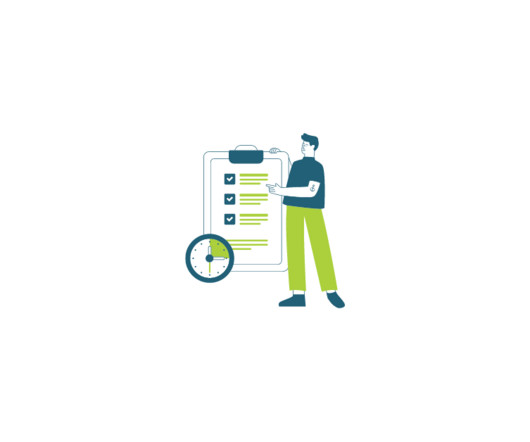The Power of Claim-Evidence-Question
Catlin Tucker
SEPTEMBER 1, 2023
Part IV: Thinking About Thinking This is part four of a five-part series focused on using thinking routines to drive metacognitive skill building. To recap, metacognition is a cognitive ability that allows learners to consider their thought patterns, approaches to learning, and understanding of a topic or idea.














Let's personalize your content